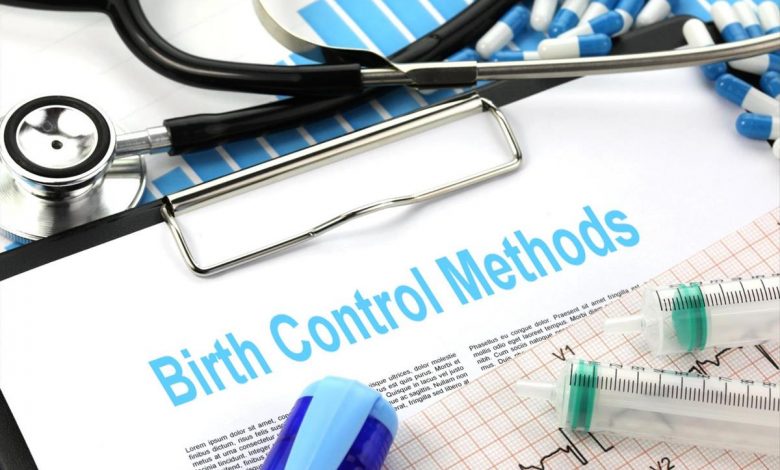All You Need to Know About Birth Control Methods

If you don’t want to get pregnant and you are sexually active, there are a variety of contraceptive options you can choose from. Dr. David Foulk and his team of OBGYN can help you choose the best method for your needs, either current or future if you need permanent sterilization, effective contraception, or protection from sexually transmitted diseases.
What Are Hormonal Contraceptives?
They are contraceptives that produce hormones to prevent ovulation and thicken your cervical mucus. Hormonal contraceptives include birth control pills, implants, patches, birth control injections, and intrauterine devices (IUD).
Birth control pills, also called oral contraceptives, are taken orally to prevent pregnancy. They are useful, up to 99.9%. However, the medication doesn’t control sexually transmitted diseases, such as STIs and STDs, including HIV. It is advised to take the pills at the same time every day.
Birth control injections are also called Depo Provera injections. The contraceptive is injected every three months. It contains a progesterone hormone. If used correctly, it’s 99% effective and safe to use.
Depo Provera or the shot. The shot has progestin hormone and is administered every three months at the doctor’s office. According to sexual health options, the effects of Depo Provera can last up to one year after you stop taking it. The shot injection is useful for women who find it challenging to take a pill simultaneously.
Implant contraceptives can be used as long-term birth control methods for women. A contraceptive implant is placed under the skin of the upper arm. It releases a progesterone hormone that thins the endometrium and thickens cervical mucus. A contraceptive implant lasts up to three years. The implant’s side effects include decreased dizziness, sex drive, vaginal bleeding changes, and abdominal pain.
An intrauterine device (IUD) is a small T-shaped copper device inserted in the uterus to control pregnancy. It’s 99% effective and lasts for ten years. It can be put in anytime during your periods and can also be removed at any time, and you can get pregnant immediately. It can act as emergency contraception if it is inserted within five days after unprotected sex.
They can also be changed after every 3 or 10 years. The IUD releases copper into the womb that modifies the cervical mucus, making it more difficult for sperm to reach an egg. IUD prevents a fertilized egg from implanting itself in the uterus.
What are natural birth control methods?
Withdrawal. It’s a birth control method that involves the removal of the penis from the vagina before ejaculation. The risk of getting pregnant for those using withdrawal as the only birth control method is 22%.
Basal body temperature. This method involves observing a woman’s temperatures each morning. A woman’s temperature usually drops about 1 degree F 12 to 24 hours before an egg is released from the ovary. During this time, you should abstain from sex to avoid pregnancy.
Breastfeeding. This works for the first six months after you give birth if you have not gotten your period yet and breastfeed your baby with no formula and no bottles.
If you are not planning on having children soon, you can apply any birth control methods that suit you perfectly. Also, you can use birth control methods so that there is spacing in childbirth. If you can’t abstain, use contraception of your choice or consult specialists at Marion OBGYN on which birth control method to use.





